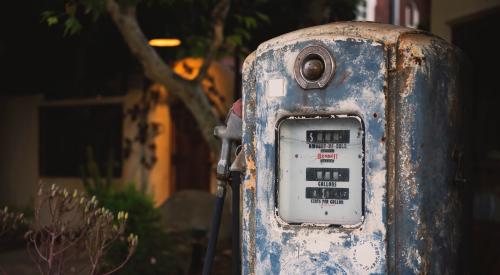Baby Boomers are beginning to take a page out of the Millennial handbook and are going against what is expected to them. As Boomers begin to reach retirement age, it was often the case that they would pack up and head to Florida or Arizona to live out their golden years. Like Jerry Seinfeld once joked, “My parents didn’t want to move to Florida, but they turned sixty, and that’s the law.”
Law or not, Baby Boomers of today are increasingly saying forget Florida and Arizona and are heading back to the metro areas they left prior to starting families, realtor.com reports. As these Baby Boomers bail on the suburbs and head back to cities, developers and businesses are taking note of the fact that they are the largest and wealthiest generation ever to retire. As such, large, expensive city residences are being constructed and packed with as many senior-friendly amenities as they can hold in cities across the country.
And it isn’t just places to live that are being constructed and targeted specifically at retiring Baby Boomers. Neighborhoods are also seeing shops and restaurants specifically targeted at Baby Boomers pop up, as well.
Between July 2013 and June 2014, 11 percent of buyers between the ages of 50 and 59 closed on homes in urban areas and central cities. One year later that number grew to 13 percent, and while a 2 percent increase doesn’t seem like much, in a generation with 74.9 million people, 2 percent can have a large impact.
Cities that are the most walkable and, perhaps ironically, college towns are seeing an especially high influx of Baby Boomers who are interested in the restaurants, shops, and cultural venues these areas tend to have a high concentration of. For many Boomers, bingo halls, shuffleboard courts, and sleepy neighborhoods are not high up on Boomers lists anymore. In fact, the places where Millennials desire to live are often the same places that Boomers want, as well.
Boomers do not want to have to deal with things like shoveling snow or mowing the lawn and, while they are often times downsizing, they still want space. Culture is another big selling point. In Chicago, for example, many Boomers are buying multimillion-dollar condos and single-family houses with the prime locations being those near the ballet, opera, and theaters.
Even those who do not fully make the move back to city centers often choose to move to urban suburbs that more closely resemble small cities than more traditional suburban neighborhoods.













